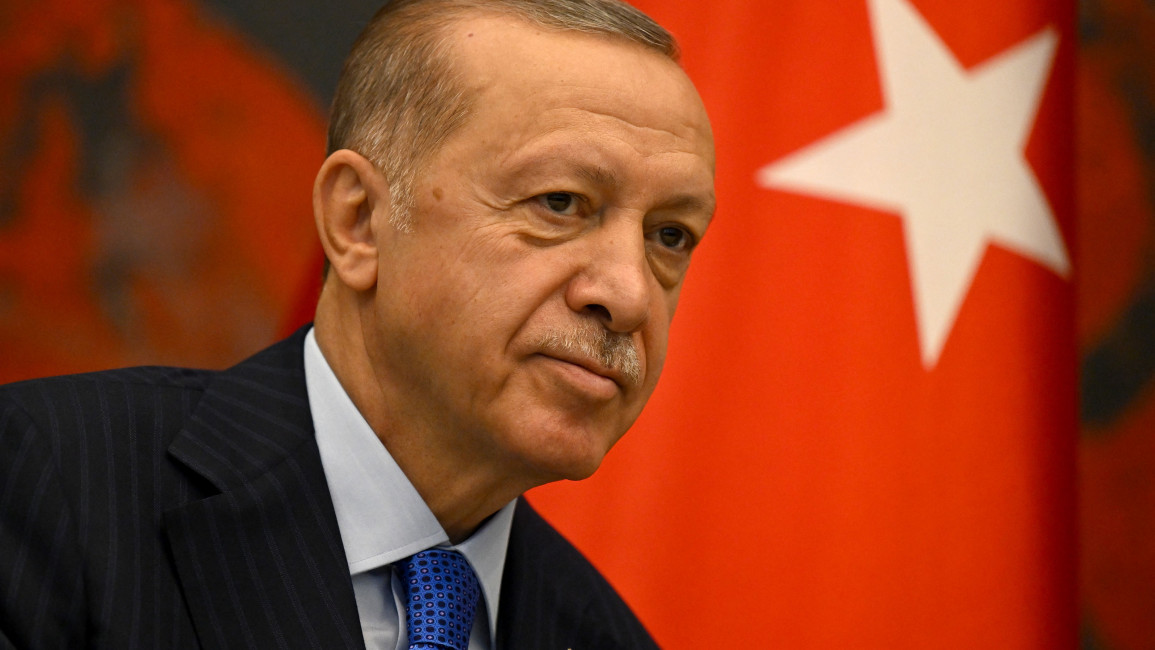Turkish parliament debates Erdogan's media 'disinformation' bill
Turkish lawmakers began debating on Tuesday a contentious media bill, proposed by President Tayyip Erdogan's AK Party and its nationalist allies, that the opposition and media rights groups say will intensify a years-long crackdown on critical reporting.
The government says the law will tackle "disinformation" in the press and social media. It extends a series of steps during Erdogan's two decades in power that rights groups say have muzzled the remaining independent media outlets.
The bill is likely to be approved in parliament, where Erdogan's AK Party (AKP) and its nationalist MHP allies have a majority.
A key concern among critics of the bill is an article saying those who spread false information about Turkey's security to create fear and disturb public order will face a prison sentence of one to three years.
The issue of media freedom is of growing significance ahead of next year's presidential and parliamentary elections, with surveys showing support for Erdogan and his AKP tumbling since the last vote.
A Reuters investigation recently showed how the mainstream media has become a tight chain of command of government-approved headlines.
'Against censorship'
Huseyin Yayman, an AKP lawmaker who chairs the Parliamentary Digital Media Commission, dismissed the critics' concerns, saying the aim was to protect everyone from false accusations on social media.
"We are making a regulation on disinformation. Blocking or restriction of social media is out of the question. The AK Party is a party that fights against censorship and bans," he said.
Addresing concerns that the regulation was a means of silencing the opposition ahead of 2023 elections, Yayman said the criticism was both "false and meaningless".
The AKP and MHP first sent the draft law to parliament in May but debate was postponed to allow for further consultation.
One source familiar with the matter said some government and AKP officials worried that some provisions could pose problems, including a raft of potential prosecutions and problems with Western allies.
The legislation would tighten up measures in a law adopted two years ago that gave authorities closer oversight of social media companies and the ability to remove content from websites.
"It is one of the heaviest censorship regulations in the history of the Republic (of Turkey). It is an attempt to destroy the press," the Diyarbakir office of the Turkish Journalists' Union said in a letter calling on political parties to withdraw the bill.
After a series of corporate acquisitions and dozens of closures, most mainstream media is now staunchly pro-government. Turkey is also among the biggest jailers of journalists globally, according to the Committee to Protect Journalists.
(Reuters)



